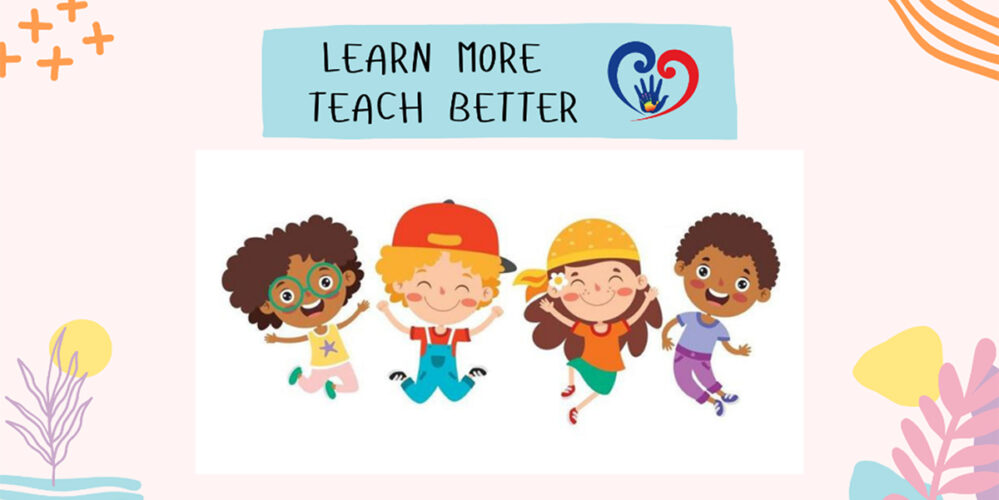Supporting Neurodiversity and Inclusion at Nurture@Home

At Nurture@Home, we believe every child deserves to feel seen, supported, and celebrated—just as they are. We are proud to be an inclusive early learning service, welcoming children of all abilities, including those with disabilities, additional needs, and neurodivergent profiles. With the growing recognition of neurodiversity, we must offer a skilled and responsive service to support children with neurological differences.
Inclusion is not just something we talk about—it’s something we live. When a child is non-verbal, has a diagnosis like Autism, Global Developmental Delay, or Sensory Processing Disorder, or simply learns and engages differently, we create a space where they can thrive. We recognise the importance of noticing early signs of potential neurodiversity and responding with empathy, understanding, and timely action. Early intervention, paired with a foundation of acceptance and respect, can be life-changing for both tamariki and their whānau.
Professional Development for Inclusive Practices
Our team are committed to ongoing professional development and connecting with local service providers to better understand and respond to any diverse needs of the tamariki in our care. We regularly participate in professional development workshops and other training opportunities to strengthen our teaching practices, with a focus on communication, sensory needs, and positive behaviour strategies. We ensure that our service works as a ‘strengths based’ and supportive early learning service by equipping our team with the best knowledge available from the resources we lean on. Within our Leadership Team, we also have a highly knowledgeable team member with lived experience of neurodiversity to guide and support both Educators and whānau. We believe that this is a great asset within our own network as this further enables us to recognise, and support in a timely manner, where it is required.
Recognising and Supporting Neurodiversity
Early recognition of neurodiverse traits is key to unlocking support systems that help children reach their full potential. It’s important to remember that every child is unique, and differences don’t always indicate a diagnosis. You might be wondering—what are the signs?
Communication Differences:
- Limited or delayed speech and language development
- Repeating words or phrases (echolalia)
- Difficulty with back-and-forth conversations
- Limited gestures or difficulty maintaining eye contact
- Differences in tone, pitch, or rhythm of speech
Social Interaction Challenges:
- Difficulty understanding emotions or social cues
- Lack of consistent response to their name (by age 1–2)
- Prefers solitary play
Behavioural Signs:
- Intense focus on specific interests or routines
- Resistance to changes or transitions
- Repetitive behaviours (e.g., hand flapping, rocking)
- Strong attachments to specific objects
Sensory Differences:
- Over- or under-reactivity to sensory input (lights, textures, sounds, smells)
- Avoids messy play or craves intense sensations (e.g., spinning, crashing)
- Sensitivity to clothing or food textures
- Becomes overstimulated in busy environments
- Difficulty responding to internal body signals (e.g., hot, cold, hunger, toileting)
Motor Skills & Physical Development:
- Clumsiness or delayed milestones
- Trouble with fine motor skills (e.g., using utensils, holding crayons)
- Unusual posture or movement patterns
Why Early Recognition Matters
Early identification helps parents and Educators understand how to support a child’s learning and emotional well-being. It opens doors to early intervention services, tailored strategies, and supportive environments where the child can flourish.
If you’re concerned about a child’s development, consider speaking with:
- Your GP or Plunket nurse
- A Ministry of Education Learning Support Specialist
- Your Educator or Visiting Teacher
A Place for Every Learner
At Nurture@Home, we are committed to creating a space where every child can thrive. Embracing neurodiversity enriches our learning community and ensures every tamaiti has the opportunity to succeed. We see the potential in every child and are honoured to walk alongside them and their families on their learning journey.
Support Services in Nelson and Aotearoa New Zealand
- Autism New Zealand – Nelson/Marlborough: [email protected] | (03) 539 0285
- The Nelson Clinic: Private assessments and coaching. nelsonclinic.nz/neurodiversity
- Neuroaffirming Futures: Professional development and parent support. neuroaffirmingfutures.co.nz
- Ministry of Education: Access to Early Intervention Teachers and Speech Therapists via referral.
- Child Development Services at Nelson Marlborough DHB: Includes occupational therapy and observation referrals.
- Altogether Autism: altogetherautism.org.nz
At Nurture@Home, inclusion is not an initiative—it’s a value woven into everything we do. By recognising and celebrating the richness of neurodiversity, we ensure every child has a place to belong and the opportunity to shine.

